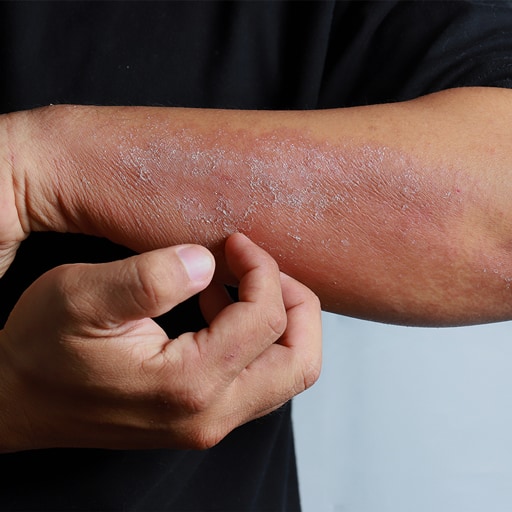


Medical Dermatology
Eczema, also known as atopic dermatitis, is a chronic, inflammatory skin disorder characterized by redness, swelling, and intense itching. It usually presents early in childhood and is more common in those with a family history of the condition.

Eczema begins with an impaired skin barrier that causes epidermal water loss, which makes the skin dry and itchy giving it the saying “eczema is the itch that rashes”. Eczema is very common, affecting more than 31.6 million people in the United States. One in 10 people will develop some form of eczema in their life time.Although there is no cure for eczema there are many treatment options that can reduce symptoms and help prevent outbreaks.
"The skin is your best outfit — you just need to know how to take care of it."
Miriam Casal, MD
30+
Years of Experience
10,000+
Successful Treatments
75,000+
Satisfied Patients